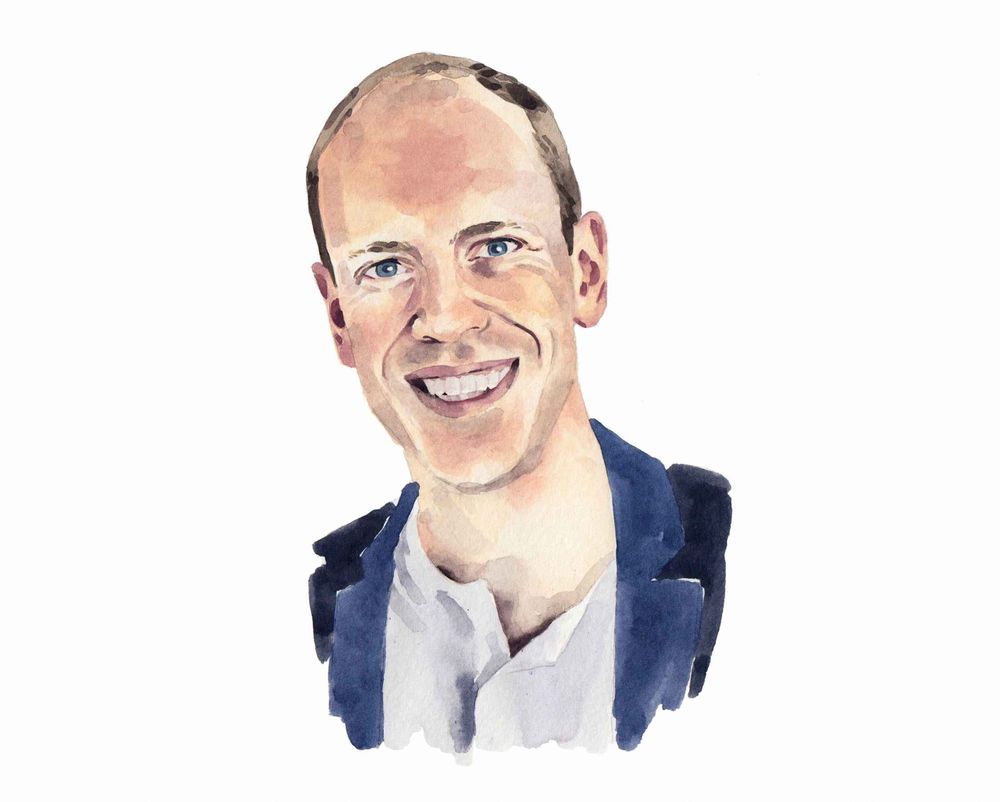
At the end of his first year at England’s Durham University, 19-year-old Alexander Betts faced, as he puts it, “a long summer with lots of free time and not much money.” To pass the hours, he took a gig volunteering at a reception centre for refugees in the Netherlands. “What immediately struck me was that these people had something to offer,” he says. “A Bosniak lawyer taught me a bit of international law. An Iranian Olympian taught me a bit of table tennis.” The refugees, trapped in bureaucratic limbo and barred from working, had ample time to chat.
With this in mind, Betts returned to his studies in economics and discovered that idling refugees are the norm: Afraid of taking jobs away from their own citizens, countries accepting the world’s 21.3 million refugees typically ban them from seeking employment on arrival. Much research had been done on the negative effects of these policies, but alternative strategies remained elusive. Betts used his undergraduate dissertation to design more efficient ways to manage refugee populations, including a matching program that would align migrants’ location preferences with host countries’ workforce needs.
Betts spent the next decade travelling to refugee camps around the globe, working in relative obscurity until the European crisis two years ago, which catapulted him into policy adviser roles with the governments in Jordan, Uganda, Canada, and elsewhere. There are still challenges ahead. “The first, second, and third thing in the mind of policymakers is social integration of refugees rather than economic integration,” says David Miliband, president and chief executive officer of the International Rescue Committee, who was formerly a Labour Party MP in the U.K. “It’s important that the economic piece gets better understood, not least because economic integration can lead to social integration.”
As a professor at the University of Oxford and director of its Refugee Studies Centre, Betts has continued his research. In Uganda, which allows newcomers to work, he found that 21 percent of refugees in Kampala run a business employing at least one other person and that the workers are 40 percent Ugandan nationals. Betts is quick to point out that the people who can help most aren’t policy wonks but business people. “Some companies, like Wal-Mart and IKEA, are placing orders with Jordanian and Syrian factories [that employ refugees], but more needs to be done,” he says. Betts highlights Starbucks Corp.’s pledge to hire 10,000 refugees worldwide, for instance. As Miliband says: “Refugees make great employees.”
Courtesy Bloomberg








